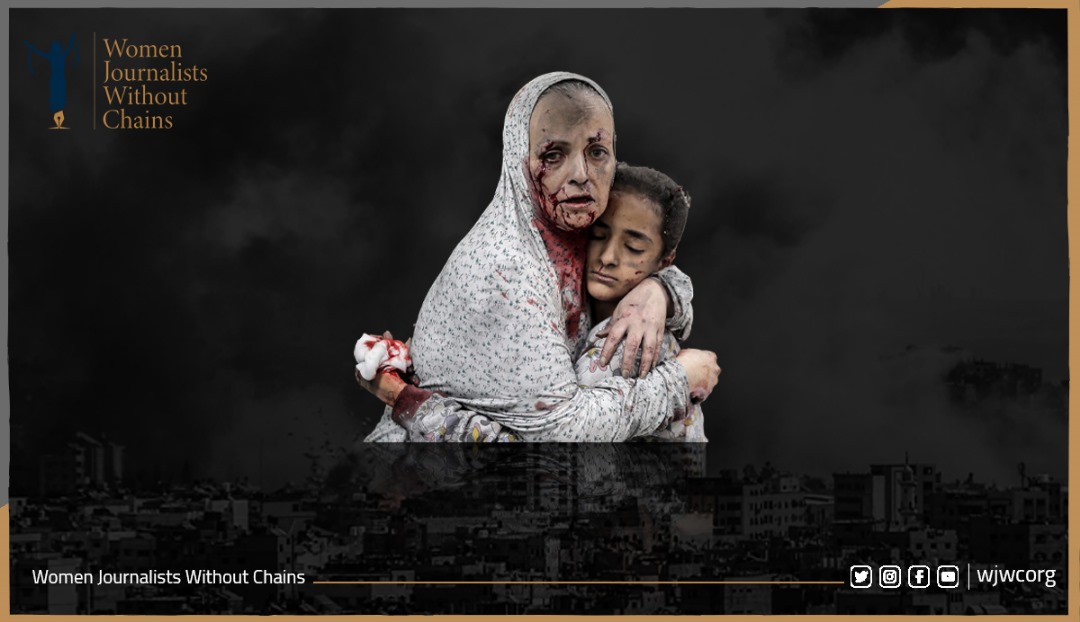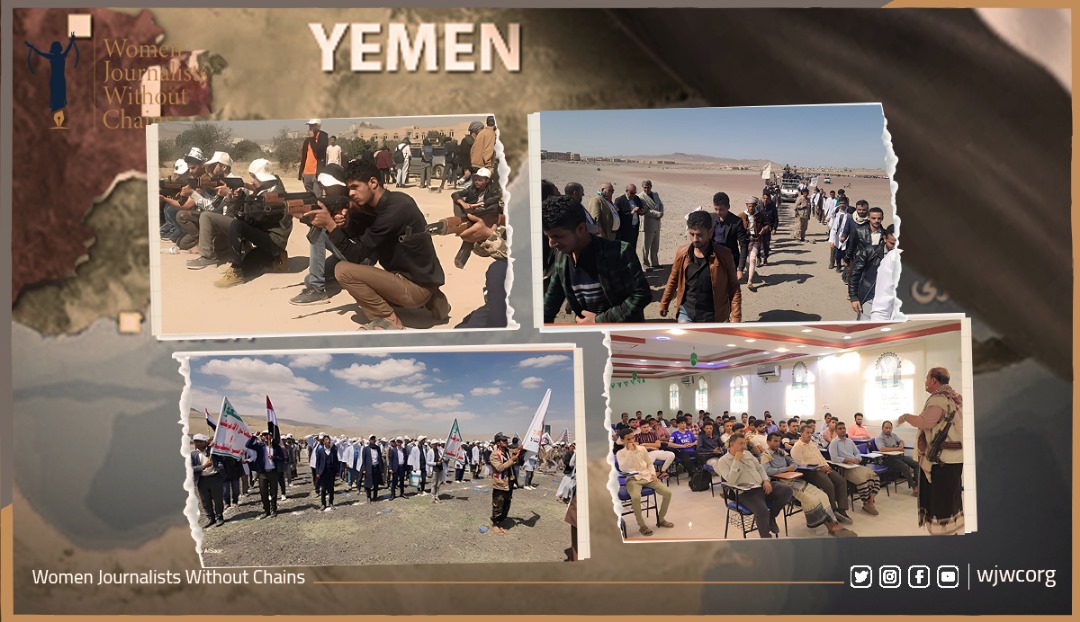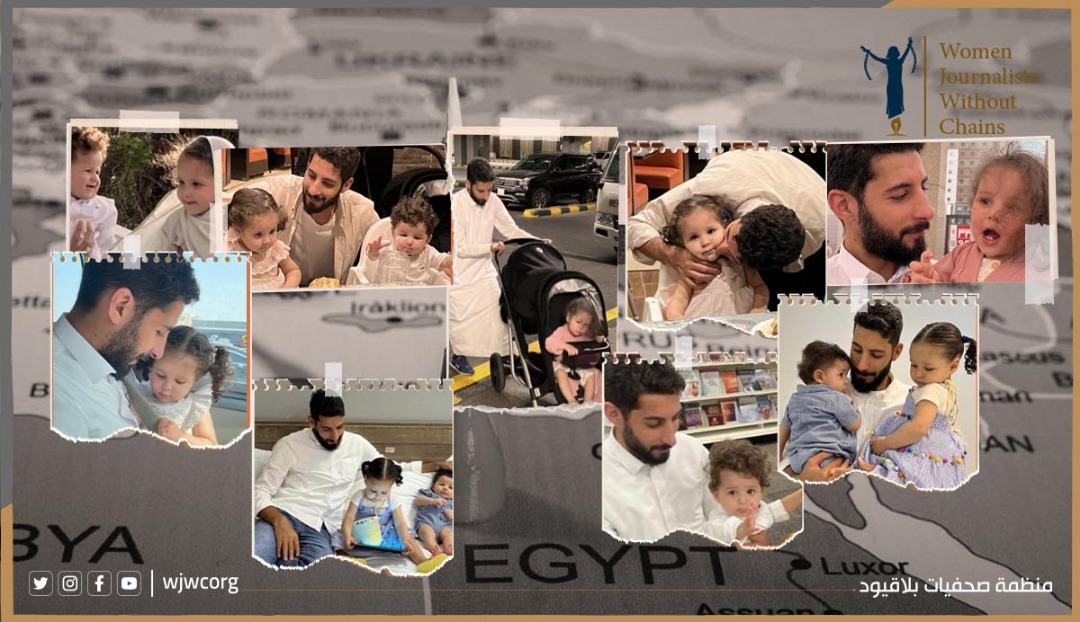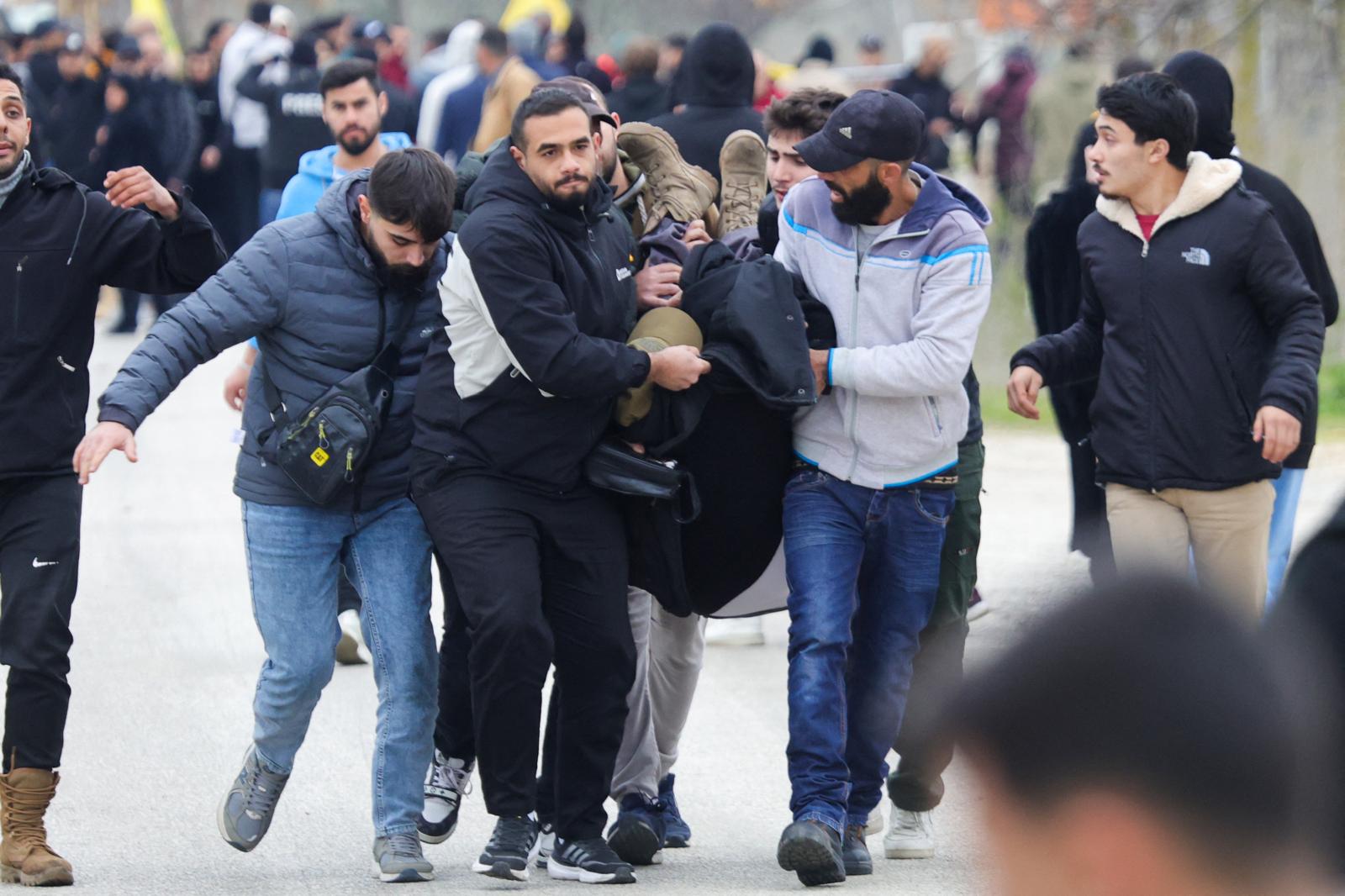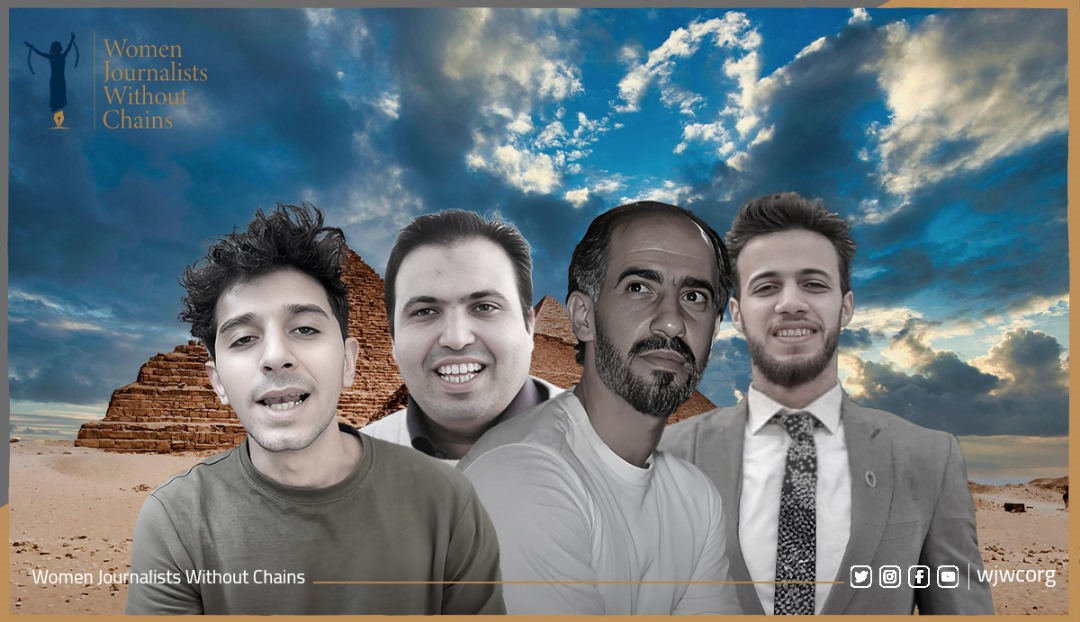Women Journalists Without Chains (WJWC) has released a comprehensive report titled "COULD IT TRULY BE THAT WE ARE STILL ALIVE!?" that documents the Israeli occupation forces’ systematic human rights violations against Palestinian women and girls in the Gaza Strip.
The report details widespread patterns of violence, deprivation, and the devastating effects of the Israeli war on the civilians in Gaza, particularly women, since October 2023. Based on a descriptive-analytical methodology, the findings are drawn from open-source information, including reports from United Nations agencies and international human rights organizations. The documented violations include indiscriminate killings, destruction of civilian infrastructure, forced displacement, and restrictions on access to essential services, all of which have disproportionately affected women and girls.
Violations of the Right to Life
According to the report, over 15,000 females were killed in Gaza between October 7, 2023, and December 30, 2024. Many of these deaths resulted from Israeli airstrikes targeting residential buildings known to be inhabited by civilians, particularly women and children. The deliberate targeting of densely populated civilian structures raises concerns regarding Israel’s compliance with international humanitarian law, specifically the principles of proportionality and distinction. The report highlights the use of large-scale destructive ammunition by the Israeli occupation forces, which is unsuitable for urban environments, and asserts that such actions resulted in mass civilian casualties without yielding any clear military advantage. Additionally, the destruction of critical infrastructure such as homes, hospitals, and shelters has further endangered the lives of Palestinian women, leaving them without safe havens or access to emergency medical care.
Impact of Living Conditions on Women and Girls
The humanitarian situation for women and girls in Gaza has continued to deteriorate due to the extensive destruction of homes and essential facilities. The report states that more than 350,000 residential units have been destroyed or severely damaged, leading to widespread displacement. Displaced women and girls face dire conditions in overcrowded shelters that lack sanitation, privacy, and basic necessities. In many cases, shelters and displacement camps have been directly targeted by Israeli airstrikes, further exacerbating the humanitarian crisis.
The report highlights that over 700,000 women have been unable to obtain menstrual hygiene products, with many forced to endure unsafe and unhygienic conditions due to the lack of proper sanitation facilities. The extreme shortage of food, clean water, and medicine has placed displaced women at heightened risk of malnutrition and disease. Furthermore, video evidence cited in the report documents degrading treatment by Israeli forces, including alleged acts of soldiers tampering with and wearing Palestinian women's clothing after invading residential spaces. Such acts contribute to psychological trauma and reflect a pattern of gender-based violations.
Impact on Pregnant and Breastfeeding Women
The crisis has had particularly devastating consequences for pregnant and breastfeeding women. More than 339,000 pregnant and breastfeeding women in Gaza face life-threatening conditions due to malnutrition, lack of medical care, and restricted access to essential medications. The destruction of Gaza’s only oncology center has left over 5,000 female cancer patients without access to treatment, while Israeli-imposed restrictions on medical supplies have worsened conditions for women with chronic illnesses.
The collapse of Gaza’s healthcare system has significantly increased maternal and infant mortality rates. The report documents cases where 30 breastfeeding mothers lost their infants due to hunger and exposure to cold temperatures. The rise in miscarriages and preterm births has surged by 300%, attributed to extreme stress, malnutrition, and exposure to toxins from weaponry. Within just three months, a single medical facility in Gaza recorded 172 cases of newborns with congenital deformities, raising concerns about the long-term health implications of exposure to harmful environmental factors linked to the conflict.
Legal Framework and Violations
The findings in the report are framed within the context of international humanitarian law (IHL) and human rights law, highlighting multiple breaches of legal obligations. The Geneva Conventions mandate the protection of civilians, including pregnant and breastfeeding women, during armed conflicts. Article 76 of Additional Protocol I specifically states that women must be granted special respect and protection from war-related harm and degrading treatment. Additionally, Article 147 of the Fourth Geneva Convention classifies the widespread destruction of civilian property and indiscriminate attacks causing excessive civilian losses as grave breaches of international law.
The Convention on the Prevention and Punishment of the Crime of Genocide is also referenced in the report, as it classifies systematic acts of violence against a particular population, including targeted attacks on reproductive health services, as potential acts of genocide. The report emphasizes that the Israeli military’s repeated violations of international law, coupled with its failure to adhere to International Court of Justice (ICJ) directives, demonstrate a pattern of actions that may constitute genocide under Article 6 of the Genocide Convention.
Recommendations
The report calls for urgent international intervention and accountability measures. Specifically, it urges the United Nations, the International Court of Justice (ICJ), and the International Criminal Court (ICC) to launch independent investigations into potential war crimes and crimes against humanity in Gaza. It also calls on human rights organizations to document and condemn violations against women, particularly those affecting pregnant and breastfeeding mothers.
The report further recommends that countries providing military aid to Israel, including the United States and the United Kingdom, reassess their support to prevent potential complicity in violations of international law. It highlights that the provision of arms and military assistance to an entity accused of grave human rights violations could expose supporting states to legal and ethical liability under international legal frameworks.
Additionally, the report stresses the necessity of implementing ICJ orders issued on January 26, 2024, and calls for the prosecution of individuals responsible for violations. The authors emphasize that ensuring justice for victims is crucial for upholding the credibility of international human rights institutions.
Conclusion
The findings of the WJWC report paint a dire picture of the ongoing human rights crisis in Gaza, particularly for women and girls. The widespread loss of civilian life, destruction of critical infrastructure, and targeted attacks on healthcare and essential services underscore the urgent need for international accountability. The report highlights the importance of upholding international legal protections for women and calls on the global community to take concrete steps to investigate and address these violations.
As the situation in Gaza continues to evolve, the report underscores the responsibility of the international community to ensure the protection of civilians and uphold the principles of human rights and international humanitarian law. The full report is available for further review and download by (clicking here).

 En
En  Ar
Ar 